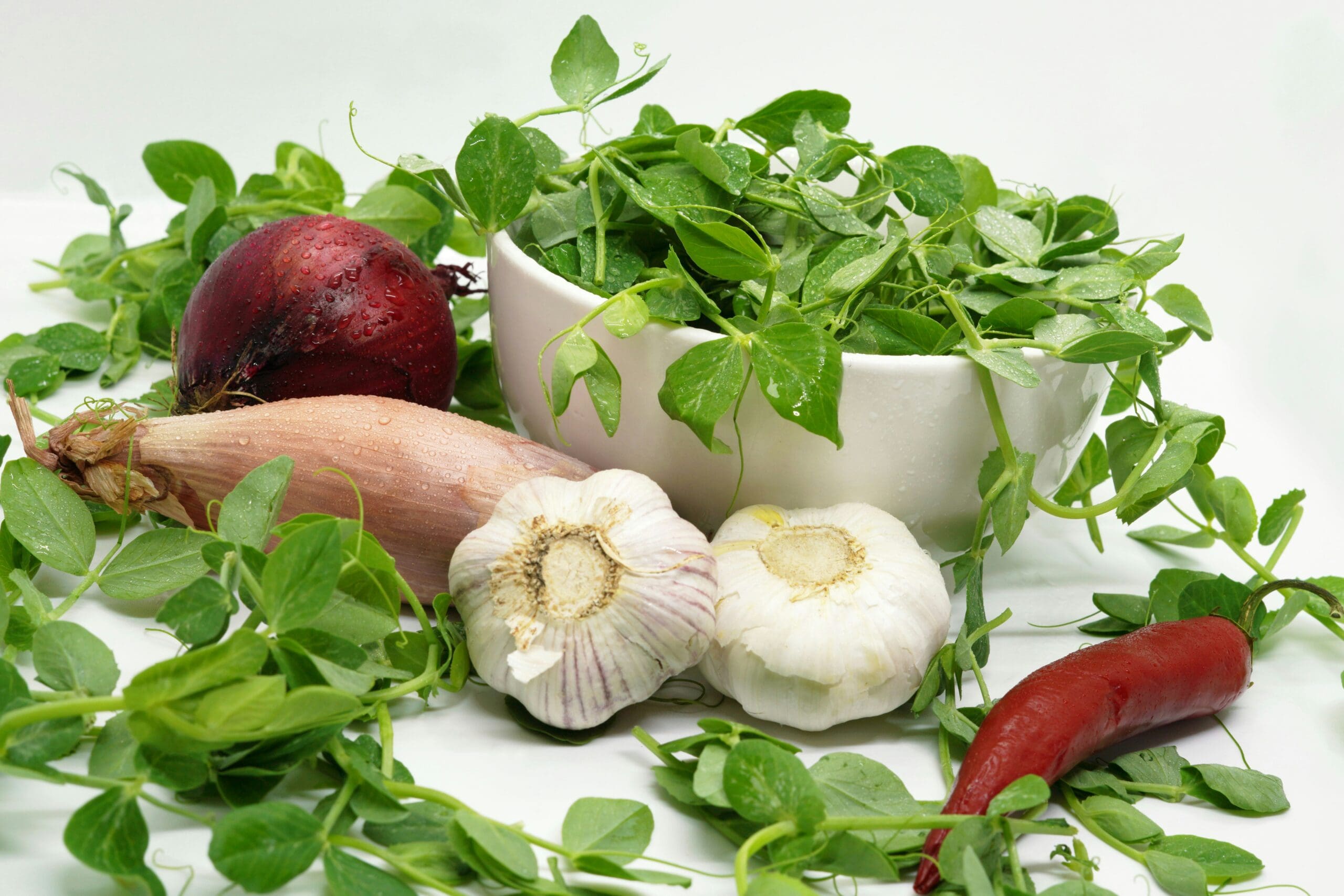You know those days when everything hits at once? You’re juggling a million things, running late, your to-do list is growing by the second—and let’s not even talk about the spilled coffee. That’s not just stress… it’s a full-body experience.

What most people don’t realize is that stress doesn’t just mess with your mind—it disrupts your physiology too. Yep, it throws off your blood sugar, and that can impact everything from your mood to your cravings to your energy.
In this post, we’re breaking down how stress impacts your blood sugar (and vice versa), why this relationship matters for your energy, mood, and weight—and what simple steps you can take to stay balanced, calm, and in control.
Stress and Blood Sugar: A Two-Way Street
When stress hits, your body kicks into survival mode. It’s like a built-in alarm system designed to protect you from threats (even if the “threat” is just a deadline at work).
This “fight or flight” response is driven by stress hormones like cortisol and adrenaline. Cortisol, in particular, raises your blood sugar by signaling the liver to release glucose—giving your body the fuel it needs to handle the stressful situation. In the short term, this is helpful. But when stress is constant, it throws your blood sugar regulation out of whack. Over time, this can lead to insulin resistance—where your cells don’t respond as well to insulin—which can eventually increase your risk of type 2 diabetes.
Not exactly what we’re aiming for, right?
How Blood Sugar Impacts Your Stress Levels
But here’s something a lot of people don’t realize: It’s not just stress that impacts blood sugar. Blood sugar levels can actually make you feel more stressed, too.
When your blood sugar dips too low, you might notice irritability, anxiety, and even a racing heart. That’s because your brain relies on glucose for energy, and when it’s not getting enough, things can go haywire emotionally and mentally.
Fluctuating blood sugar—when you’re bouncing between highs and lows—can make you more emotionally reactive and less able to cope with stress. It’s like throwing gasoline on the fire. The more unstable your blood sugar, the more volatile your stress response can become.
Strategies to Balance Stress and Blood Sugar
So how do we break this vicious cycle?
The good news is there are simple, practical steps you can start incorporating into your daily routine to manage both stress and blood sugar.
1. Focus on Stress Reduction
Stress reduction isn’t just about feeling calm—it plays a direct role in stabilizing your blood sugar. Try mindfulness techniques like meditation, deep breathing, or even progressive muscle relaxation. These can lower stress hormone levels and bring a sense of calm.
Physical activity is another fantastic way to manage stress while helping to keep your blood sugar levels steady. Aim for 30 minutes of moderate exercise most days of the week—it could be as simple as a brisk walk or a yoga session.
And don’t underestimate the power of sleep! Prioritize 7-9 hours of quality rest each night to give your body the recovery it needs to handle stress and maintain balanced blood sugar.
2. Eat Balanced, Regular Meals

Skipping meals or going too long without eating can lead to dips in blood sugar, leaving you feeling more stressed and irritable. Instead, aim for balanced meals and snacks throughout the day, focusing on clean proteins like wild caught fish or grass fed/grass finished beef, fiber, healthy fats, and plenty of fruits and veggies. This keeps your blood sugar stable and your energy levels consistent.
3. Prioritize Joy and Connection
Don’t forget to carve out time for things that make you happy—whether that’s spending time with loved ones, pursuing hobbies, or simply taking a walk in nature. Engaging in activities that bring you joy can help counterbalance the effects of stress and keep you grounded.
Why Social Support Matters for Stress and Blood Sugar
One of the best things you can do for both your stress levels and blood sugar is to surround yourself with a strong support system. Studies show that people with solid social connections have lower stress levels and better blood sugar control. On the flip side, feeling isolated or lonely can actually raise stress and mess with blood sugar regulation.
There’s even research showing that emotions influence our body’s response to food. In one study, people who watched a funny movie before eating had a better insulin response than those who didn’t. So, laughter really might be the best medicine—especially when it comes to managing stress and blood sugar.
Building Your Support Network
Here are a few ways to build and strengthen your social connections:
- Stay connected with loved ones: Whether it’s a phone call, a video chat, or catching up over coffee, make time for the people who lift you up.
- Join a group or community: Whether it’s a fitness class, book club, or online community, being part of something bigger can help reduce feelings of loneliness.
- Practice empathy: Sometimes, just listening to others and being there for them can strengthen relationships and create meaningful bonds.
And if you’re feeling stuck, don’t hesitate to reach out for professional support. Therapists and counselors can help you work through feelings of isolation and create a plan to improve your mental health and well-being.
Final Thoughts
Stress and blood sugar are more connected than most people realize. The good news? Once you understand how they influence each other, you can take control of both. Simple changes in your daily routine—like focusing on stress reduction, eating balanced meals, and building strong support networks—can go a long way in improving your overall health.
If you’re looking for personalized guidance, I’m here to help. Schedule a discovery call, and let’s create a plan to help you manage stress, balance your blood sugar, and feel your best—every single day.
If diet and nutrition are a constant challenge for you, you may want to check out these additional articles.
Disclaimer: The information provided in this blog is for educational purposes only and is not intended to replace professional medical advice, diagnosis, or treatment. Always consult with your healthcare provider before making any changes to your health routine, including diet, exercise, or supplements.





+ show Comments
- Hide Comments
add a comment